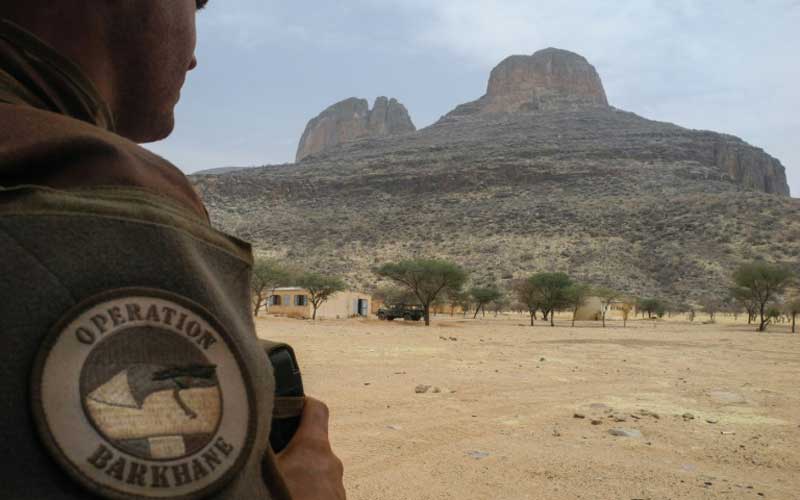×
The Standard e-Paper
Home To Bold Columnists

France has had a major military presence in Mali since 2013, when it launched an intervention against Al-Qaeda-linked jihadists who had overrun the country's north.
Backed by French air power, French and Malian forces quickly chased the jihadists out of the region's main towns, including the fabled Saharan city of Timbuktu.